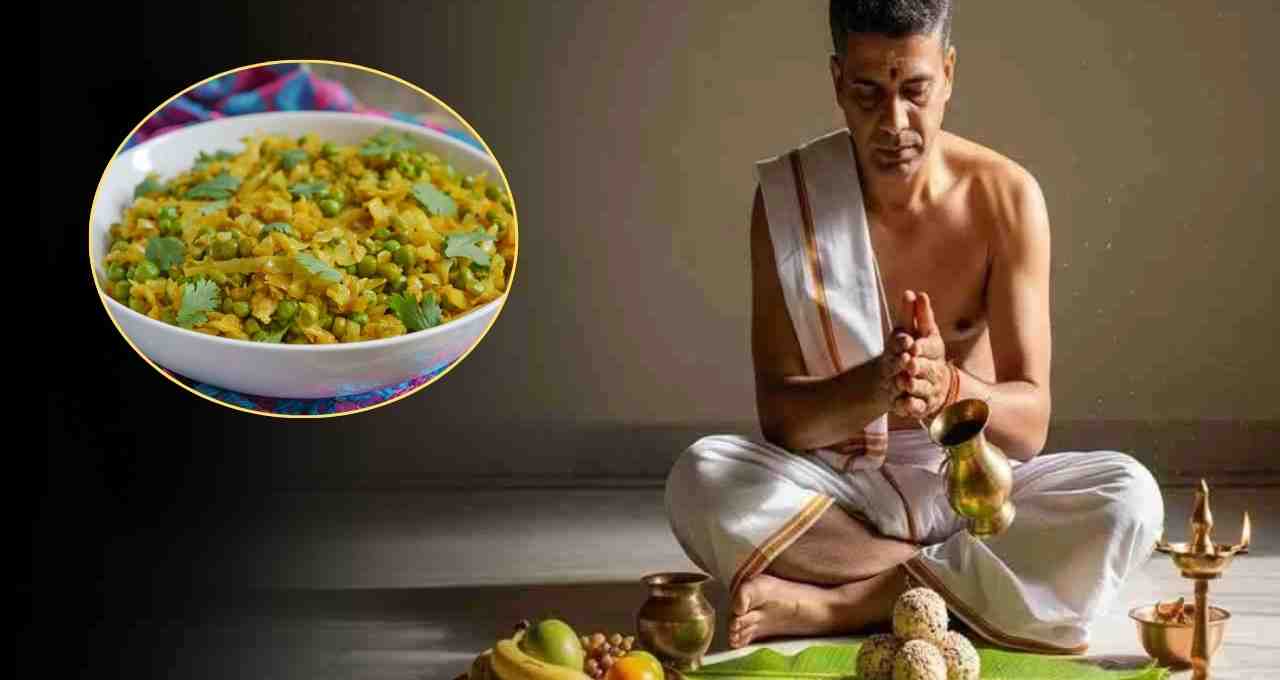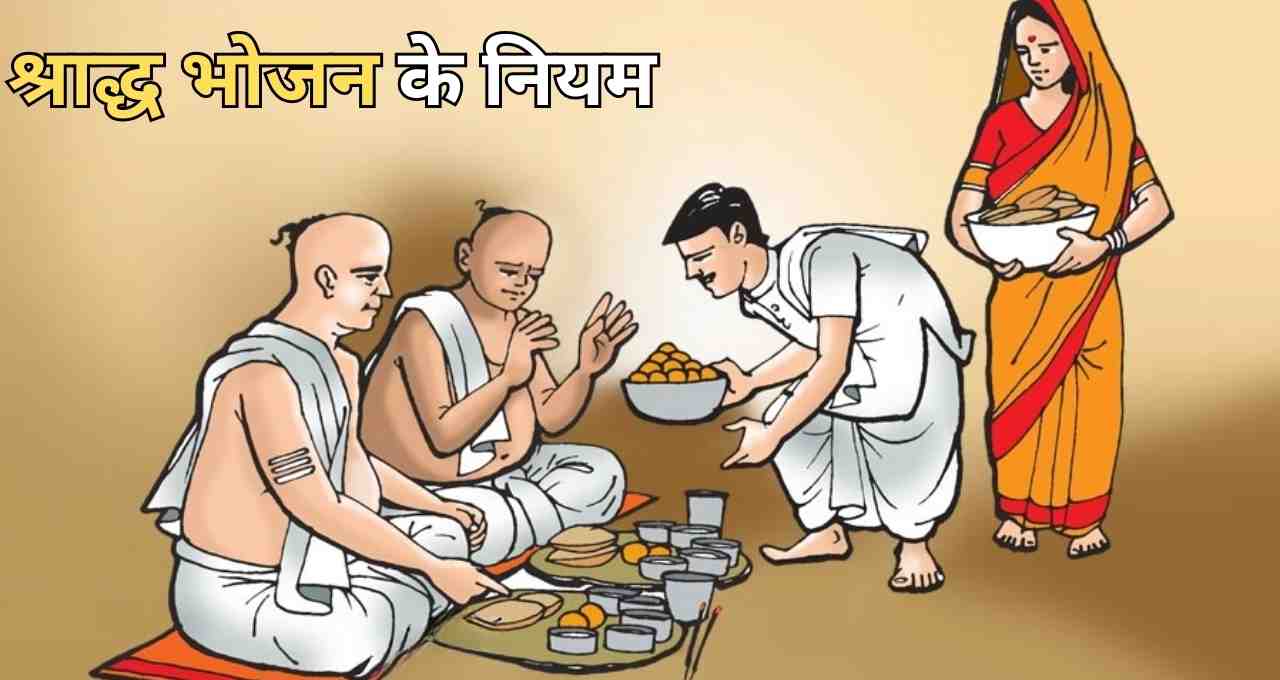Pitru Paksha 2025 will be celebrated from September 7th to September 21st this year. During this period, performing Shraddha and feeding Brahmins is considered a tradition. It is believed that abstaining from cabbage, pumpkin, and some other vegetables and lentils in the Shraddha meal is essential, otherwise the ancestors return displeased.
Pitru Paksha 2025: This year, the auspicious period for Pitru Paksha will be from September 7th to September 21st. This duration is considered extremely important for the peace and satisfaction of the souls of ancestors. People across India remember their ancestors by performing Shraddha and feeding Brahmins. Religious beliefs dictate that the Shraddha meal should be sattvic and pure. The use of certain vegetables and lentils, including cabbage and pumpkin, is prohibited. It is believed that adhering to these rules pleases the ancestors, and their blessings remain with the family.
Which Vegetables Should Be Avoided

According to religious beliefs, cabbage and pumpkin should not be prepared in the Shraddha meal during Pitru Paksha. It is said that ancestors do not accept these vegetables and return unsatisfied. This can impact the family and increase the possibility of incurring sin.
What Foods Should Not Be Consumed
According to priests, during Pitru Paksha, not only cabbage and pumpkin but also several other vegetables and lentils are prohibited. These include sweet potato, radish, carrot, turnip, beetroot, colocasia, and elephant foot yam. Among lentils, it is also advised to refrain from masoor, urad, chana, and sattu.
Rules for Shraddha Meal

The use of onion and garlic is strictly forbidden in the Shraddha meal. The food should always be sattvic, and one must bathe and observe purity before preparing it. Maintaining cleanliness while cooking and entering the kitchen without footwear are also part of the tradition.
Priests believe that by following these rules, the souls of the ancestors find satisfaction, and their blessings continue to be bestowed upon the family.












